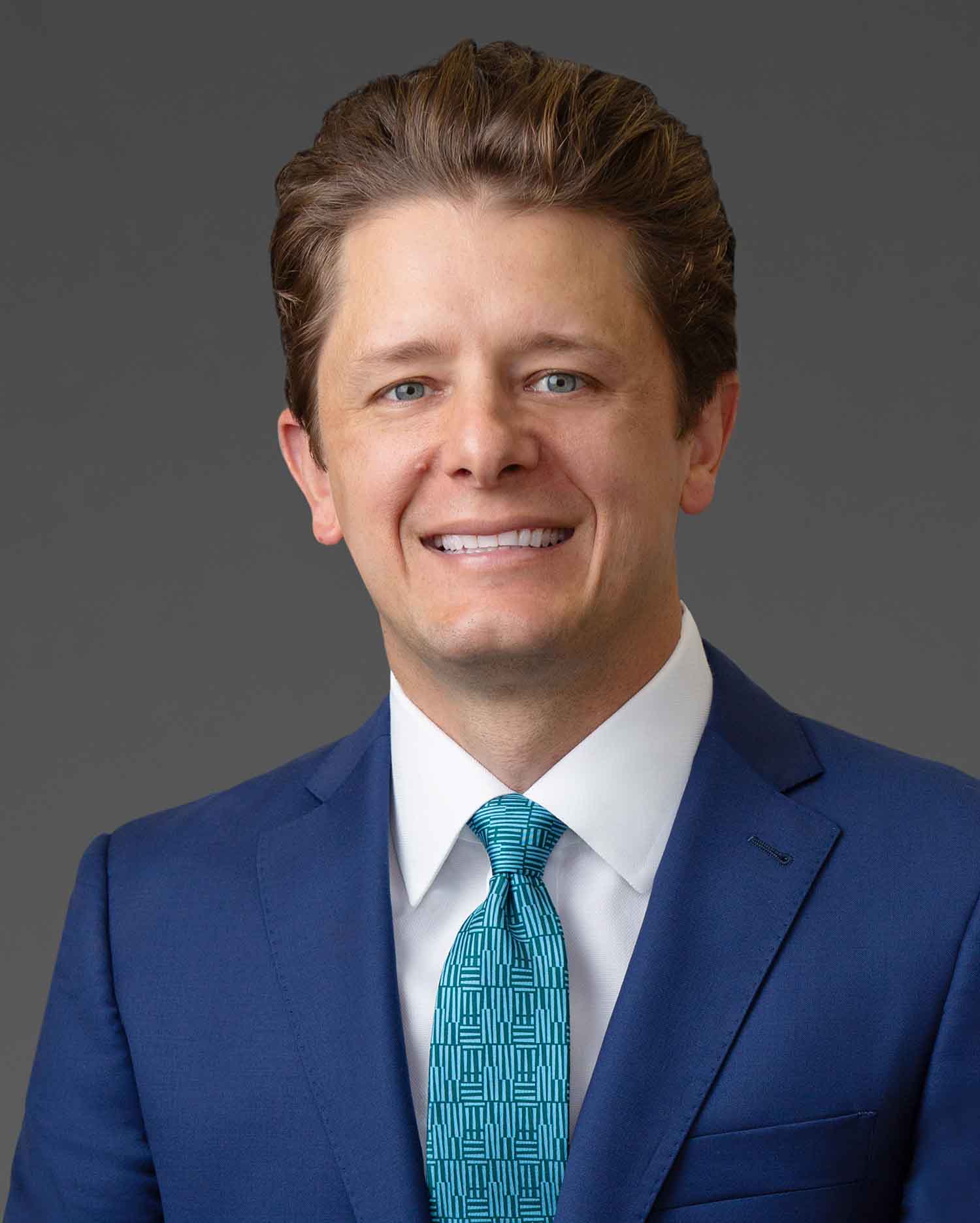Upstream deals have been on the rise with more than $100 billion in assets trading hands since 2022, according to Enverus. Private equity, in particular, has seen a number of exits.
Enverus flagged EnCap Investments as topping the list with $20 billion in exits. Additional private equity firms include Lime Rock, which sold its stakes in CrownRock, NGP Energy Capital and Quantum Energy. And there are plenty of others.
Portfolio companies flagged for exit include Double Eagle IV, backed by EnCap, Apollo Natural Resources and Magnetar Capital; Verdun Oil, backed by EnCap; and Wildfire Energy, sponsored by Kayne Anderson and Warburg Pincus.
Despite that solid performance, private equity faces a tough fundraising environment. And private equity will need every extra dollar as anticipation and momentum build for opportunities on the horizon in the A&D market.
Talent abounds
With the exits that have already taken place or are expected, many experienced teams are becoming available. The amount of talent that’s been freed up “excites us in the energy PE business,” said Tom Field, partner with Quantum Capital Group.
Management teams that have proven successful through COVID and the downturns in the market are being “strongly pursued” by private equity teams who are “willing to write big checks” to support deals, said John Grand, partner in M&A and private equity at Vinson & Elkins.
In the short term, however, there could be some “misalignment” between the amount of talent available and the volume of capital available to put to work with new management teams, said Stephen Boone, partner in the energy practice at Sidley Austin. But the strong long-term demand for energy should resolve any temporary imbalance, he said.

—Stephen Boone, partner in the energy practice at Sidley Austin. (Source: Sidley Austin)
Private equity is taking a wait-and-see attitude while they raise funds and line up management teams, said Jeremy Pettit, partner in energy, private equity and M&A at Sidley Austin. The focus currently is on “marshaling assets and establishing the battle lines” to prepare for opportunities on the horizon.
Where those opportunities will lie is a big question.
The Permian Basin has been a particular hotspot for exits as strategics have gobbled up companies. Competition from the large E&Ps could make re-entry into the Permian tough, and private equity will likely look elsewhere.
Many management team skills will be transferable between basins, however, Field said. “There are teams that have been focused on horizontal development over the last many years and those skills can often be portable to other basins,” he said.
But some plays do demand specific experience.
In mid-August, Quantum announced the $1.8 billion acquisition of upstream and midstream assets from Caerus Oil and Gas in the Piceance and Uinta basins, covering 760,000 acres. Caerus backers included Oaktree Capital Management, Anschutz Corp. and Old Ironsides Energy.
The acquisition was sizable enough that Quantum put assets into not one, but two portfolio companies.
Most of Quantum’s portfolio companies are tied to a single geographic area that enables scale, focus and all that comes with that in terms of improving results, and managing costs and enhancing growth, Field said. But it is not a hard and fast rule and he couldn’t rule out expansion into more than one basin.
All upstream and midstream assets in the Piceance Basin, totaling 600,000 acres, were acquired by a newly created portfolio company called QB Energy.
The Piceance Basin assets, with its conventional vertical wells, required not only an experienced management team with a track record but also specialized operating knowledge, Field said. He pointed out that QB Energy’s CEO Roger Biemans had worked with Quantum for years and had specific experience operating assets in the Piceance during his time at Encana.
Meanwhile, the remaining upstream and midstream assets in the Uinta Basin were sold to existing Quantum portfolio company Koda Resources. Koda was the “natural owner” of the Uinta assets largely because it had a large position just offset to Caerus’ position. Koda is led by President and CEO Osman Apaydin and Executive Chairman Kurt Doerr. Koda also holds assets in the Williston Basin.

Capital questions
Veteran teams with a track record of success are being strongly pursued, Grand said, but for new teams it can be difficult to find backing since there has been a pullback in private equity investment.
Quantum’s Field agreed, saying that although equity capital is available for highly talented teams and attractive opportunities, “there are fewer of us pursuing the strategy.”
“It is a really hard time to go out and raise new funds,” Pettit said.
“There are teams that have been focused on horizontal development over the last many years and those skills can often be portable to other basins.”
—Tom Field, partner, Quantum Energy Capital
A March 2024 Bain & Co. report stated that declines in deal activity are the steepest since the years following the 2007-2008 global financial crisis. “It’s safe to say the private equity industry has never seen anything quite like what’s happened over the last 24 months,” the report observed.
Nevertheless, positive outlooks remain strong.
Quantum’s Field declined to discuss fundraising but observed that his firm sees a “tremendous amount of opportunity in upstream.”
Scarcity of capital has driven a move toward new or alternative forms of financing. It has also created opportunities.
Although multiple banks continue to serve the space, debt capital is generally less available for upstream oil and gas companies, he said. To help fill that void, he said, Quantum created Quantum Credit Opportunities and Quantum Capital Solutions to provide credit and structured capital.
Other types of equity providers have stepped into the gap, Grand said. He pointed to non-traditional oil and gas funds, commodity trading firms and family offices as recent entrants.
These include Oaktree, with its investments in Caerus. Other commodity trading firms have done transactions in hard assets, including Vitol, which has announced participation in deals and the formation of platform companies.
Family offices have also become more engaged in the space, Grand said, because they see a “bright, rosy future” looking at out-of-favor assets and out-of-favor basins.

—John Grand, partner in mergers and acquisition and private equity, Vinson & Elkins. (Source: Vinson & Elkins)
In May 2023, PureWest Energy, an independent natural gas producer with 111,000 acres in the Green River Basin, completed a $1.84 billion all-cash merger with a newly formed entity sponsored by a private consortium of family offices and financial institutions called PW Consortium, which included A.G. Hill Partners, Cain Capital, Eaglebine Capital Partners, Fortress Investment Group, HF Capital, Petro-Hunt and Wincoram Asset Management.
Out-of-favor is coming back
“It’s hard for a private equity team to compete in the core of the Permian Basin for a big acquisition,” said Vinson & Elkins’ Grand. “They’re looking for value in areas that are not getting as much public company attention.”
Basins that have been significantly consolidated create challenges for teams looking to assemble meaningful positions, Boone said. Given all the M&A that has taken place in recent years, private equity teams are working hard to “find the next right play.” But that takes time.
A trend that has been making a comeback is that some private equity firms have been willing to cover G&A expenses for longer so management teams have enough time and space to find the right opportunity, said Sidley Austin Partner Jeremy Pettit.
The types of assets private equity teams are looking at varies, Grand noted. But a majority of private equity sponsors are looking for deals with some PDP component with the potential for upside and drilling.
While Quantum’s recent Caerus acquisition had strong cash flow, Field doesn’t see a PDP-heavy asset as being a prerequisite. He expects to pursue “some” deals similar to the Caerus transaction, which he describes as a hybrid of acquire and exploit, and a development strategy. Equally, Quantum will consider deals in which there is not significant production, and growing cash flow will require a significant upfront investment of equity.
Quantum looks at all basins and both oil and gas, Field said. He did note, however, that the firm has a strong track record with natural gas, highlighting the examples of Tug Hill and HG Energy in Appalachia and Rockcliff Energy in the Haynesville Shale.
That strategics have not pursued consolidation as intensely in the natural gas space is a plus for would-be buyers, Grand said. Energy demand trends also provide potential upside. For example, natural gas producers in the Rockies can serve the energy-hungry West Coast markets, he pointed out.
The supply of natural gas assets has been constrained over concerns about low gas prices, however, said Vinson & Elkins’ Grand. He had been working on multiple deals in gassier plays but collapsing prices in early 2024 threw cold water on those prospective transactions.
Now, many likely sellers are in a “wait and see” mode, looking to see how the new LNG export facilities expected to come online beginning in 2026 might drive up prices, he said.
“It’s been a challenge,” said Sidley’s Boone. “There’s significant long-term potential [in natural gas] but we’ve seen some real difficult pricing over the short term.” That disconnect makes it harder for buyer and seller to agree on a price.
Despite those snags, plenty of asset packages are on the horizon.
Management teams are anxiously looking to see what packages come available as a result of consolidation, Pettit said.
Quantum has been busy this year and sees a “continual pipeline of opportunities” as strategics continue to bring assets to market, Field said. But he cautioned that it’s tough to predict the pace at which they will execute those divestitures.
RELATED
Companies Take Advantage of ABSs to Finance Acquisitions
Recommended Reading
Cella Mixes Two Approaches to Keep CO2 Solidly Underground
2025-04-01 - Cella, a startup in partnership with Halliburton, injects CO2 into basaltic reservoirs, where it reacts and hardens.
Google, SLB, Project Innerspace Form Geothermal Partnership
2025-03-06 - The geothermal partnership between Google Cloud, SLB and Project Innerspace takes shape as energy demand surges, driven in the U.S. by data center growth, the rise of electrification and an increase in manufacturing activity.
California Resources Continues to Curb Emissions, This Time Using CCS for Cement
2025-03-04 - California Resources’ carbon management business Carbon TerraVault plans to break ground on its first CCS project in second-quarter 2025.
Oil & Gas, Geothermal Technology Transfer Not a One-Way Street
2025-03-19 - Technologies commonly used in oil and gas are making it cheaper to drill deep into hot reservoirs to generate geothermal power, but the oil sector could also learn from geothermal, panelists say.
Tallgrass Secures Rights of Way for Green Plains’ Trailblazer CCS Project
2025-01-16 - Green Plains’ Trailblazer project will transport captured biogenic CO2 from a number of Nebraska ethanol facilities to sequestration wells in Wyoming.
Comments
Add new comment
This conversation is moderated according to Hart Energy community rules. Please read the rules before joining the discussion. If you’re experiencing any technical problems, please contact our customer care team.





